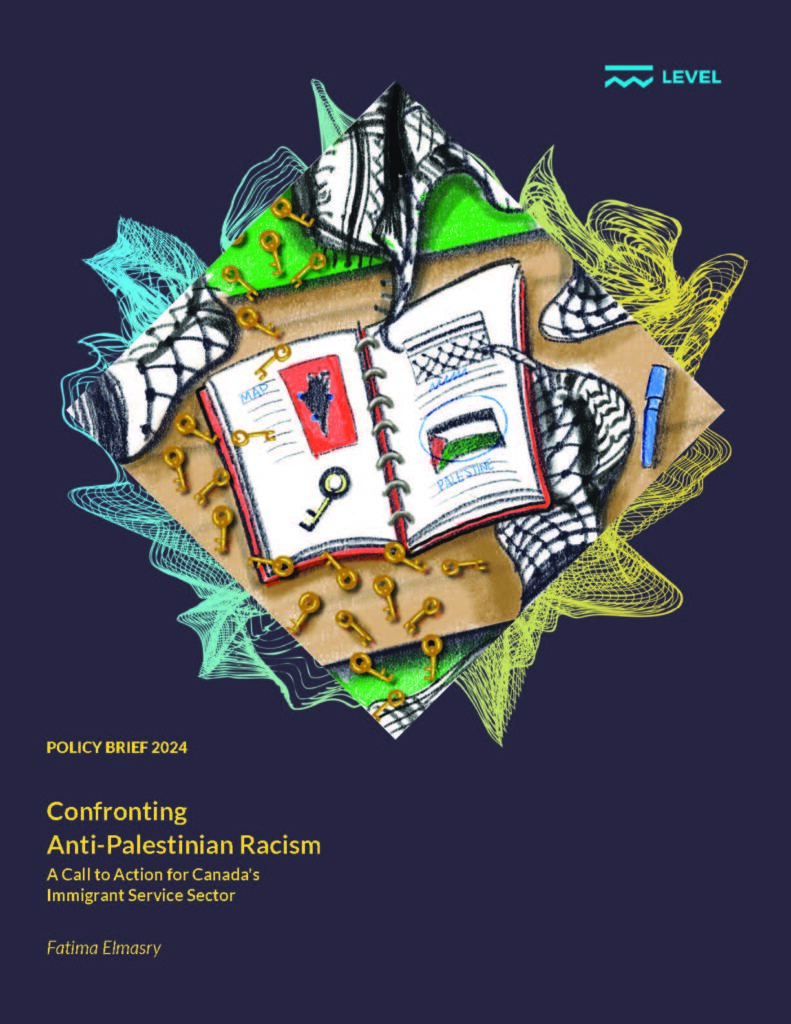The immigrant service sector operates within inherently political contexts, where understanding and supporting newcomer clients necessitates a comprehensive grasp of global impacts, historical narratives, current events, and foreign affairs. This nuanced perspective is particularly crucial when addressing the unique experiences of Palestinians and the oppressive systems that hurt them.
Among the diverse clientele of the immigrant sector, a large portion comprises Palestinian newcomers. While these individuals share commonalities with immigrants from other regions, their experiences are also shaped by the distinct challenges posed by Anti-Palestinian Racism (APR).
APR originates from the historical colonization of Palestine and the ongoing denial of the Nakba, symbolizing the mass displacement of Palestinians in 1948. This racism perpetuates through misinformation, distortion of historical truths, and the erasure of Palestinian narratives and rights. By discrediting Palestinian identity and minimizing their grievances, APR reinforces systemic inequalities and violence.
In Canada, APR manifests through systemic discrimination, cultural biases, and political pressures, resulting in exclusion, silencing, and stereotyping that marginalize Palestinians and undermine their identity and rights. This pervasive issue extends across educational institutions, workplaces, media portrayals, and refugee policies, perpetuating injustice and impeding Palestinian inclusion and advocacy efforts.
The immigrant service sector plays an important role in addressing and dismantling APR. By implementing targeted staff training, advocating for equitable policies, and creating healing spaces, organizations can actively combat APR and support Palestinian refugees and immigrants. It is imperative that immigrant-serving agencies affirm Palestinian identities and ensure comprehensive support and advocacy.
To effectively combat APR, organizations such as DIVERSEcity Community Resources Society must provide their staff with education and training around APR. This approach fosters awareness, provides holistic support to clients, and advocates for policy reforms that contribute to more equitable and inclusive spaces for Palestinians in Canada. Recognizing and addressing APR as a distinct and urgent issue in Canada is crucial, necessitating the amplification of Palestinian voices, respect for their rights, and validation of their experiences.
Watch Fatima’s policy presentation:


